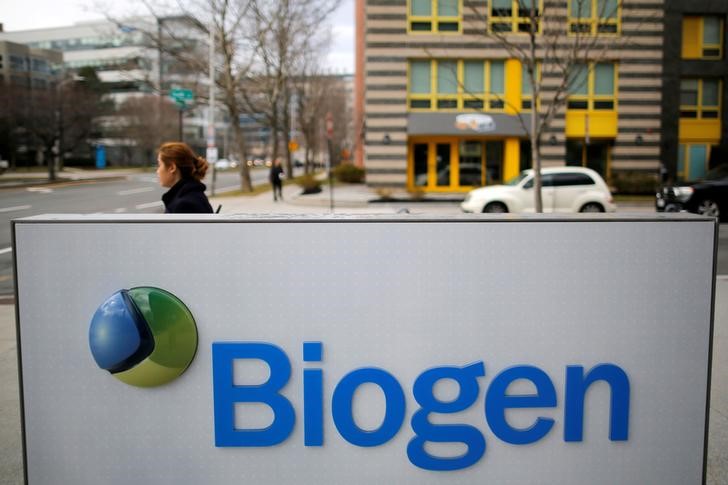On Monday, Oppenheimer reiterated its Outperform rating and $290 price target for Biogen (NASDAQ:BIIB) amid recent developments in the Alzheimer's Disease (AD) treatment landscape. The competitive dynamics have shifted significantly, potentially benefiting Biogen's AD drug, Leqembi, which is developed in partnership with Eisai. Eisai has reported progress on multiple fronts for Leqembi, while a competitor, Eli Lilly (NYSE:LLY), announced an unexpected delay for its AD drug, donanemab, due to a pending FDA Advisory Committee (Ad Comm) meeting.
Eisai's update highlighted several growth drivers for Leqembi, including a 30% increase in Neurology Account Specialists, expanded dosing options, broader use of blood-based biomarkers, enabling Primary Care Physicians to prescribe the drug, targeting a larger patient population and treatment duration based on the AHEAD3-45 study, and exploring combination therapies. The transition to primary care is seen as particularly significant due to the current bottleneck in accessing neurologists. Eisai aims to simplify the AD treatment pathway with blood-based Aβ testing and subcutaneous administration of Leqembi.
Furthermore, Eisai has updated key metrics in the AD diagnosis and treatment process, anticipating significant progress across Integrated Delivery Networks, neurologists with established pathways, and community practices by the end of the first quarter of 2024. They also provided a revenue simulation for Leqembi, projecting peak worldwide revenues of approximately $10 billion by 2032, with 60% coming from the U.S. market. Oppenheimer's revenue estimate for Biogen's share of Leqembi in 2029 stands at $3.4 billion, higher than the consensus of $2.4 billion.
The report also notes the importance of addressing both major AD pathologies—amyloid plaque and neurofibrillary tangles. Eisai is developing an anti-MTBR tau antibody, E2814, aiming for approval by 2030. Additionally, optimism is expressed for other tau-targeted therapies, including PRTA's PRX012 and the collaborative PRX005 with BMY, as well as Alzheon's oral ALZ-801.
